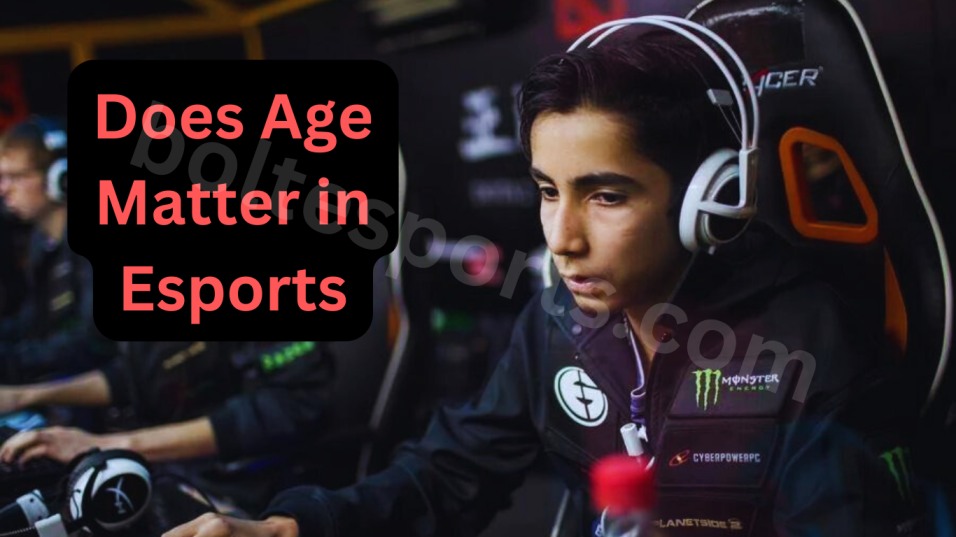The significance of age in esports varies based on the game, the particular competitive scene, and the regulations of the leagues or tournaments. The following are some important considerations for age matter in esports.
Minimum Age Requirements: Many esports tournaments and leagues have minimum age requirements. These regulations are frequently in place for disciplinary and legal purposes as well as to safeguard the welfare of young athletes.
Youth Competitions: Younger players can compete against other players of the same age group in minor or junior leagues for several games. Young talent may have an opportunity to advance their careers and acquire notoriety through these events.
Skill and Experience: Most esports emphasize talent, strategy, teamwork, and experience over age. Age plays a much lower part in these sports. When a player has honed their skills and gained experience via frequent practice and competitive play, they can succeed at any age.
Physical Demands: In some games, such as first-person shooters, quick reflexes and quick decisions are required. Aging-related reflex alterations might be a factor, however, training and practice might at least partially offset these effects.
Also, Read What Does Esports Stand For
Age Matter in Esports

Longevity: Esports employment spans a broad age spectrum. Others keep up a high level of competition well into their late 20s or early 30s. Some athletes achieve success at an early age. Experience and adaptability typically make up for any performance decline brought on by aging.
Maturity and Professionalism: The maturity, professionalism, and communication skills of an older player may be advantageous. These characteristics may be advantageous when representing sponsors and working as a team.
Retirement and Transition: Similar to traditional sports, some eSports competitors may decide to cease competing as they become older. Former athletes can, however, also work as coaches, content creators, broadcasters, and other positions in the eSports sector.
Game-Specific Considerations: Game age dynamics vary depending on the game. Games that require rapid reflexes, on the other hand, may have age-related considerations to take into account, whereas strategy-based games may have a more fair playing field.
Also Read PlayStation Expo 2023: Upcoming games
Conclusion
Age is not the main factor in esports performance, though it can have an impact. Age-related restrictions can be overcome by important factors like talent, practice, teamwork, and adaptability. As esports evolve and flourish, players of all ages have the opportunity to participate in and excel in competitive gaming.
Why age matter in esports?
Age affects reflexes, experience, teamwork, and physical and mental health in esports, among other things. Players who are younger have quicker reactions, while players who are older contribute wisdom and leadership to the team.
Does age matter in gaming?
The impact of age on gaming varies. While elder players frequently show strategic understanding and adaptability, younger players could have quicker reflexes that are useful for fast-paced games. With a variety of skill sets, both can succeed.
What is the best age for gaming?
There isn’t a set “best” age for gaming because it varies on the game’s genre and individual tastes. Fast-paced games may suit younger players better than strategy games may suit older players better. Age is not as important as enjoyment and ability.
